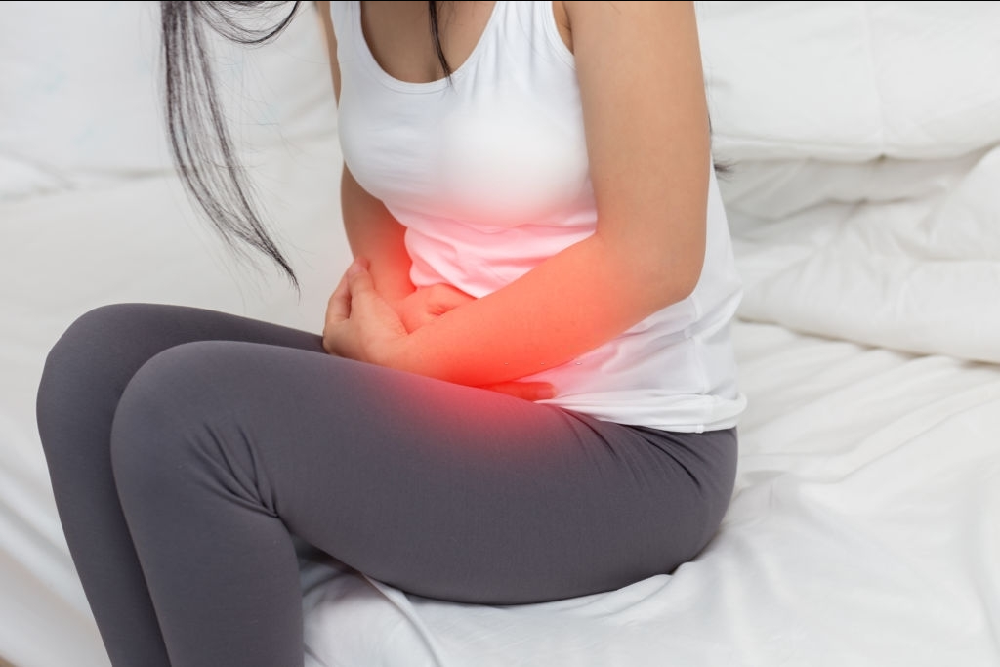
PCOS: What You Need to Know (Part 1)
Did you know that one in five women in India has PCOS or Poly Cystic Ovarian Syndrome?
Did that statistic scare you? Did you wonder if you, your daughter or anyone you know has it? Did you immediately associate it with difficulties in getting pregnant?
If you said “Yes” to one or more questions, you are not alone. One of the most common questions I face from young women is whether they have PCOS. The question that follows is if it will affect their fertility.
So, what is PCOS? Poly Cystic Ovarian Syndrome refers to the presence of several cysts around the ovaries. Cysts are small balloon-like structures that are filled with fluid. Because of the presence of these cysts, women with PCOS tend to have ovaries that look different in comparison to those who do not.
Broadly speaking, PCOS can be divided into two types. The first, which is ‘Lean-type PCOS’, is less common and arises due to genetic factors.
The more commonly observed ‘Obese-type PCOS’ is largely a result of poor nutritional habits and lack of physical activity, which leads to excessive weight gain. This is the leading cause for this type of PCOS. In many families, young girls are restricted from taking part in physical activities after they attain puberty. They are also made to increase their food intake during their period cycles. All of this results in a sharp rise in their weight. The added fat in the body gets converted into testosterone (male hormone). Higher than normal levels of testosterone manifests in many forms – high cholesterol, excessive growth of facial hair, severe acne outbreaks and irregular period cycles. All of this may cause PCOS.
To diagnose whether you have PCOS, we would have to look at three main factors. One, the person will be asked to take an ultrasound test, to see if we can spot the presence of ovarian cysts. Two, they will have to take some blood tests to check for hyper-androgenism (presence of excess testosterone). Third, we will check if they are clinically obese (i.e.) if their weight is much higher than the recommended weight range for their age and height.
Only after all three factors are looked into can we arrive at a conclusion about whether or not a person has PCOS.
I can hear you asking: “So, what should I do if I am diagnosed with PCOS? Will it affect my chances of getting pregnant?” I shall share my detailed answer in next week’s article.
(Until then, let me give you a hint: Having PCOS will not stop you from becoming a mother. That is what we fertility experts are for!)